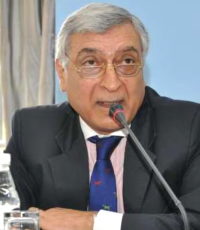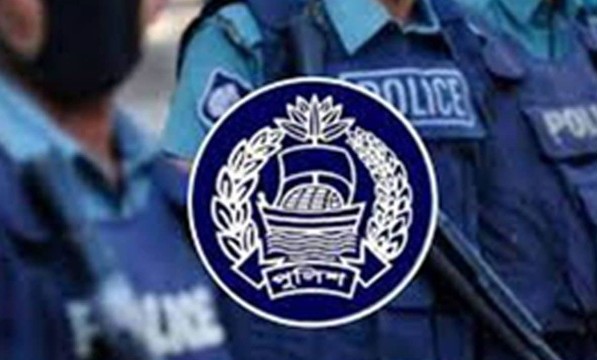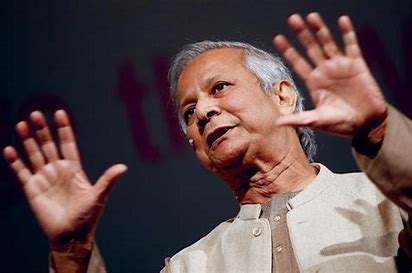
Kanwal Sibal, India’s former foreign secretary
Why crowning Bangladesh 'Country of The Year' is dishonest narrative building
The Economist has chosen Bangladesh as the country of the year. In view of this mouthpiece of the British establishment, the regime change in Bangladesh is a positive development not only for Bangladesh but also for the international community as a whole.
Bangladesh has won this British accolade outcompeting other contenders such as Poland, South Africa, Argentina and Syria. This is odd in itself as one can see no discernible British stake in Bangladesh that is more important than the ouster of Assad from Syria or the importance of Tusk assuming power in Poland in the context of the Ukraine conflict, in which the UK is fully involved.
In the article lauding the regime change in Bangladesh, The Economist welcomes the overthrow of an autocrat. This convenient narrative disregards the fact that Bangladesh has had long spells of military rule. The BNP under Begum Khaleda Zia was, and is, by no means less autocratic, and the current forces in Bangladesh intend to rewrite the country's secular constitution to make it more Islamic. The Economist recognises that the BNP is “venal”. Where are, therefore, the “non-autocratic” or genuinely democratic forces in Bangladesh that The Economist has in mind?
The Economist refers to “Islamic extremism” as a threat, no doubt believing that flagging it pro-forma will protect the journal from being accused of completely ignoring the danger. The reality of Islamists calling the shots in Bangladesh is being overlooked to suit the narrative building on the change in power there. There is no reference to the Jamaat-e-Islami, which is active on the ground.
The paper calls for holding elections after ensuring that the courts are neutral. That seems comical after the Chief Justice has been hounded out of office and the other judges are being coerced into giving the kind of judgments that the mob wants. It also says the Yunus government must ensure that the opposition has time to organise. Which opposition, when the Awami League will not seemingly be allowed to participate in the elections?
The paper claims, contrary to evidence, that the Yunus government has restored order and stabilised the economy. India has more than once flagged its concerns about the law and order situation on the ground in Bangladesh and the persecution of minorities in the country, especially the Hindu minority. But The Economist conveniently ignores this, which shows the bad journalistic faith of this leftover of British imperialist hubris.
(Written by Kanwal Sibal, India’s former foreign secretary. He was also served as ambassador to Turkey, Egypt, France, and Russia, as well as the deputy chief of the mission in Washington. This is an abridged version of the article that appeared on the NDTV website on 25 December 2024)



